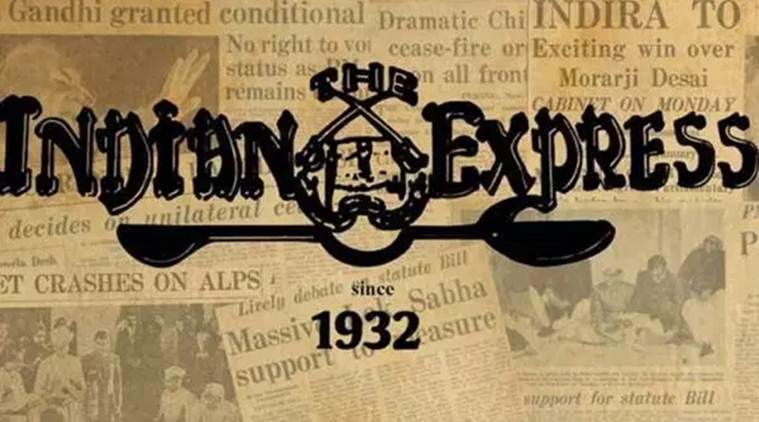Not well-judged
Government’s argument downgrading Justice Joseph is not persuasive. Chief Justice should have put his foot down.

The unprecedented press conference held by four seniormost Supreme Court judges in January had placed in the public domain two important crises: A bruising confrontation between an executive emboldened by a decisive mandate and the judiciary, and at the same time, divisions within the court.
After a prolonged impasse, Justice K M Joseph was finally sworn in as a judge of the Supreme Court on Tuesday. By first delaying and then segregating and returning for reconsideration the Collegium’s recommendation for his appointment, the NDA government had invited accusations of discrimination, even vindictiveness, towards the judge for quashing President’s Rule imposed in Uttarakhand in 2016, a charge it consistently denied. But his swearing-in on Tuesday was not an unmixed moment, it did not fully close the unseemly controversy. This is because Justice Joseph was sworn in alongwith two other judges in the order determined by government. That is, he took oath after Justices Indira Banerjee and Vineet Saran, although his name was first recommended by the SC Collegium much ahead of the other two — it was only reiterated alongwith their names in July. In this downgrading of Justice Joseph, for Chief Justice of India Dipak Misra and the judiciary, hangs an unflattering tale.
A judge’s seniority is decided by the date of induction into the SC and if two judges are inducted on the same day, the sequence of their oath-taking. And seniority matters — it will determine when Justice Joseph enters the Collegium, for one, and the benches he heads. The warrant of appointment issued by the government decides the sequence and it is issued on the basis of the recommendations of the SC Collegium. So the question, in the case of the downgrading of Justice Joseph is, really, this: Given that the Collegium had recommended his name as far back as January 10, and vowed to reiterate it through a resolution in May, why did it let matters come to this pass? How did Justice Joseph’s name come to be clubbed with two others in July, thus creating room for the government to treat the reiteration as a fresh recommendation, and downgrade him?
It is not as if there were no red flags. The unprecedented press conference held by four seniormost Supreme Court judges in January had placed in the public domain two important crises: A bruising confrontation between an executive emboldened by a decisive mandate and the judiciary, and at the same time, divisions within the court. At various points between January and July, senior SC judges had drawn the CJI’s attention to the Justice Joseph case as one that involved the independence of the judiciary. As the head of the institution, it was the CJI’s responsibility to rally institutional resources, meet the challenge. In the Justice Joseph case, that meant standing up to the government’s attempts to ignore the letter and spirit of the collegium’s recommendations. The denouement points to the CJI’s inability to do so. His successor will need to ensure that this failing doesn’t return to haunt his office and the institution.
For all the latest Opinion News, download Indian Express App






































No hay comentarios:
Publicar un comentario